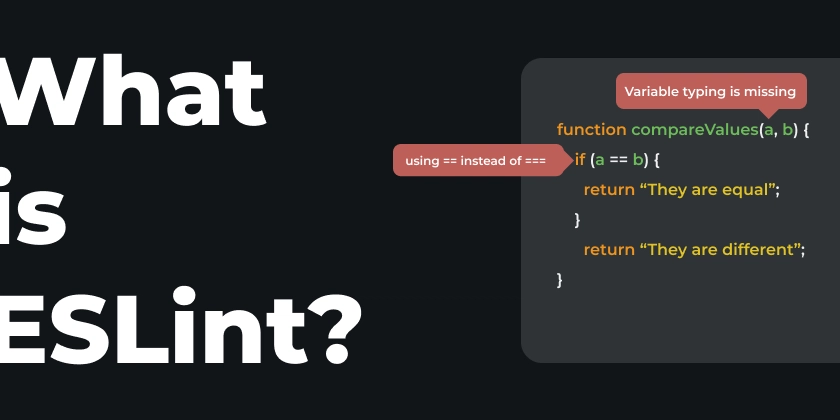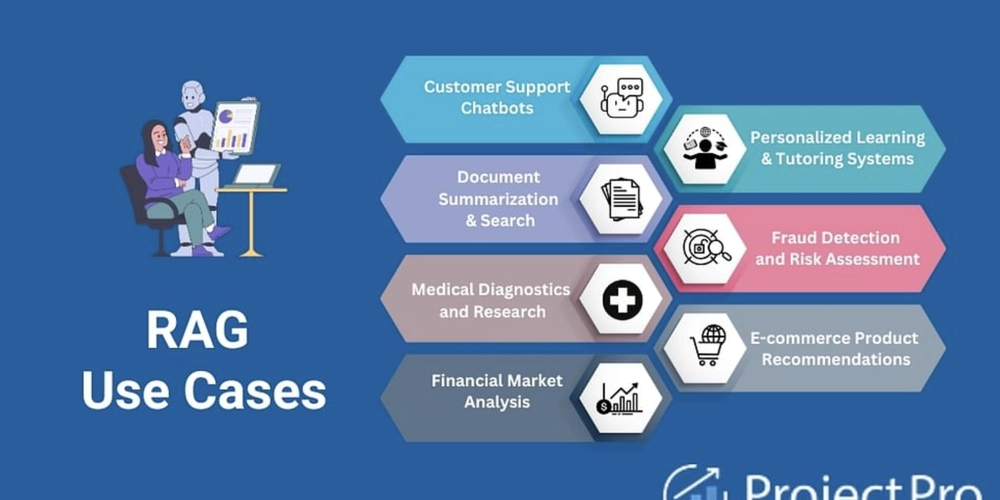day-11: The Importance of Naming Conventions in Clean Code
Let us recall the topics Class: Logical Entity - Blue Print or Template - Company Object: Physical Entity - Sample of Class - Employee Method: Action - calculateSalary More meaningful examples: WHY: Object: Real Time Entity / Physical Entity / Representation (Sample) of a class / Instance of a Class Object: Combination of States and Behaviors: Mobile: State: நிலை - RAM, Processor, MP, Pricing Behavior: - Call, Browse, Chat Naming convention: 1) Class name should start with capital Letter Eg. Calculator 2) Should Follow Camel Case MyFirstJavaProgram, My_First_Java_Program 3) Should not start with Numbers Eg. 2Calculator --> Calculator2 4) No Special Characters except _, $ 5) MEANINGFUL NAME 6) Class Names should be Nouns, should not be Verbs. Eg. Browser, Browse is not correct. Object Name: Meaningful Calculator calculator = new Calculator(); Datatypes: தரவுவகை -> mp3,mp4, pdf, doc, xls --> Binary (0,1s) 1 Bit: Binary Digits (0,1s) 1 Byte: 8 Bits: String is a class. int, float, boolean - Not classes Example Programmes: 1). Theatre as Class public class Theatre { int ticket_fare; //int float show_time; //float String screen; //String boolean on_screen; //boolean public static void main(String[] args) { Theatre theatre = new Theatre(); theatre.playShow(); // } public void playShow() { System.out.println("Dar"); } } 2). School as a Class public class School { int no_students; //int float timing; //float String name; //String boolean open; //boolean public static void main(String[] args) { School school = new School(); } } 3). Bank as Class: public class Bank { int amount; //int float interest_rate; //float String name; //String boolean open; //boolean public static void main() { Bank bank = new Bank(); } } By following proper naming conventions and structuring your classes, objects, and methods effectively, you create clean, readable, and maintainable code that will stand the test of time. Happy Learning... ------------------------ End of the Blog -------------------------
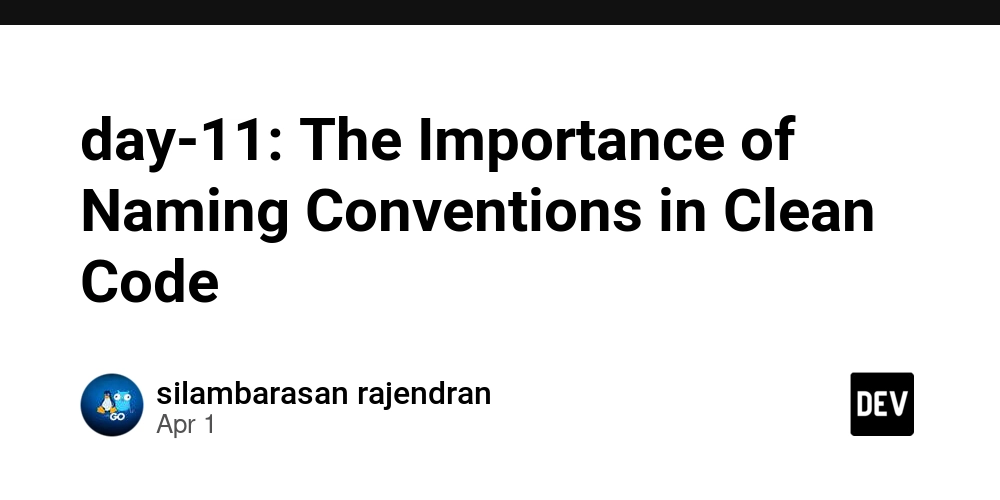
Let us recall the topics
- Class: Logical Entity - Blue Print or Template - Company
- Object: Physical Entity - Sample of Class - Employee
- Method: Action - calculateSalary
More meaningful examples:
WHY:
Object: Real Time Entity / Physical Entity / Representation (Sample) of a class / Instance of a Class
Object: Combination of States and Behaviors:
Mobile:
State: நிலை - RAM, Processor, MP, Pricing
Behavior: - Call, Browse, Chat
Naming convention:
1) Class name should start with capital Letter
Eg. Calculator
2) Should Follow Camel Case
MyFirstJavaProgram, My_First_Java_Program
3) Should not start with Numbers
Eg. 2Calculator --> Calculator2
4) No Special Characters except _, $
5) MEANINGFUL NAME
6) Class Names should be Nouns, should not be Verbs.
Eg. Browser, Browse is not correct.
Object Name: Meaningful
Calculator calculator = new Calculator();
Datatypes: தரவுவகை
-> mp3,mp4, pdf, doc, xls --> Binary (0,1s)
1 Bit: Binary Digits (0,1s)
1 Byte: 8 Bits:
String is a class.
int, float, boolean - Not classes
Example Programmes:
1). Theatre as Class
public class Theatre {
int ticket_fare; //int
float show_time; //float
String screen; //String
boolean on_screen; //boolean
public static void main(String[] args) {
Theatre theatre = new Theatre();
theatre.playShow(); //
}
public void playShow() {
System.out.println("Dar");
}
}
2). School as a Class
public class School {
int no_students; //int
float timing; //float
String name; //String
boolean open; //boolean
public static void main(String[] args) {
School school = new School();
}
}
3). Bank as Class:
public class Bank {
int amount; //int
float interest_rate; //float
String name; //String
boolean open; //boolean
public static void main() {
Bank bank = new Bank();
}
}
By following proper naming conventions and structuring your classes, objects, and methods effectively, you create clean, readable, and maintainable code that will stand the test of time.
Happy Learning...
------------------------ End of the Blog -------------------------












































































































































































![[The AI Show Episode 142]: ChatGPT’s New Image Generator, Studio Ghibli Craze and Backlash, Gemini 2.5, OpenAI Academy, 4o Updates, Vibe Marketing & xAI Acquires X](https://www.marketingaiinstitute.com/hubfs/ep%20142%20cover.png)














































































































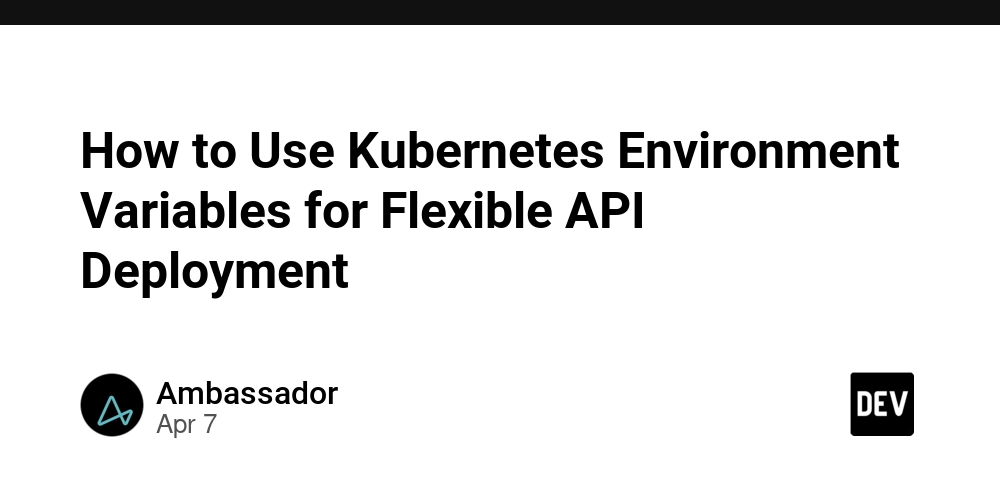
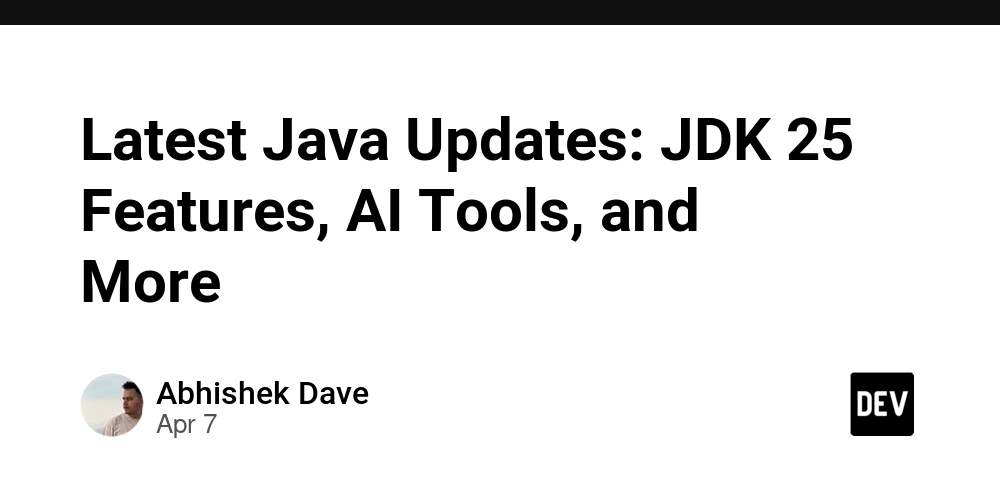
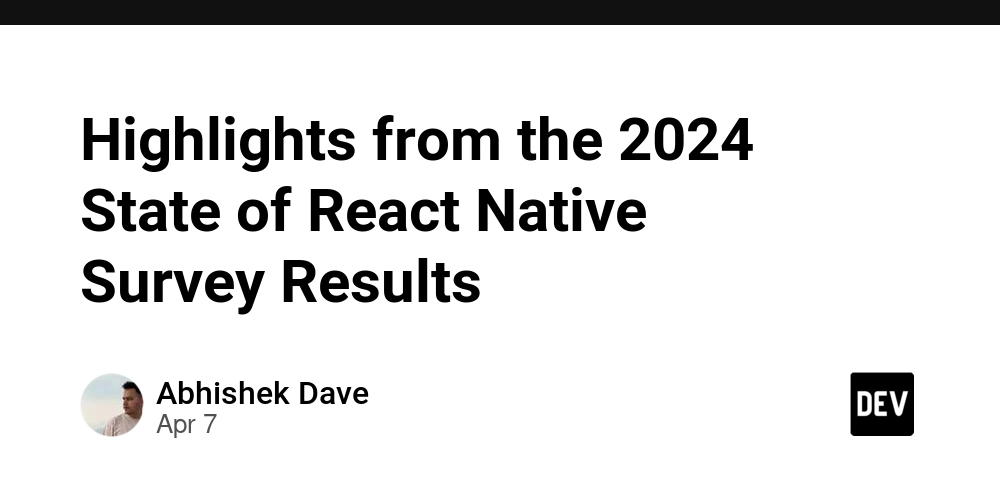
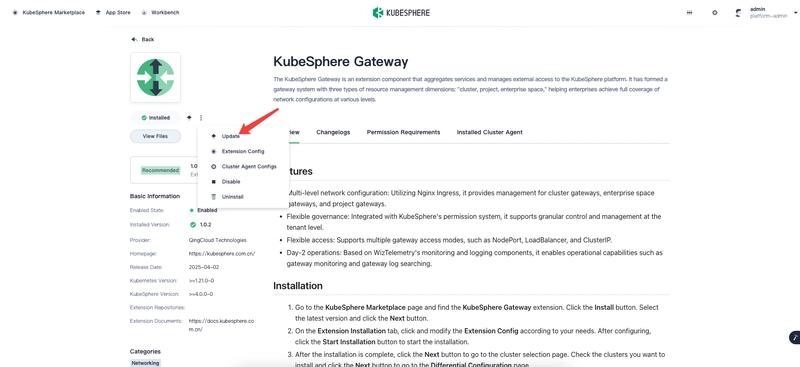










![[DEALS] The Premium Learn to Code Certification Bundle (97% off) & Other Deals Up To 98% Off – Offers End Soon!](https://www.javacodegeeks.com/wp-content/uploads/2012/12/jcg-logo.jpg)

![From drop-out to software architect with Jason Lengstorf [Podcast #167]](https://cdn.hashnode.com/res/hashnode/image/upload/v1743796461357/f3d19cd7-e6f5-4d7c-8bfc-eb974bc8da68.png?#)








































































































.png?#)


































_Christophe_Coat_Alamy.jpg?#)


.webp?#)





































































































![Apple Considers Delaying Smart Home Hub Until 2026 [Gurman]](https://www.iclarified.com/images/news/96946/96946/96946-640.jpg)
![iPhone 17 Pro Won't Feature Two-Toned Back [Gurman]](https://www.iclarified.com/images/news/96944/96944/96944-640.jpg)
![Tariffs Threaten Apple's $999 iPhone Price Point in the U.S. [Gurman]](https://www.iclarified.com/images/news/96943/96943/96943-640.jpg)


































































































































